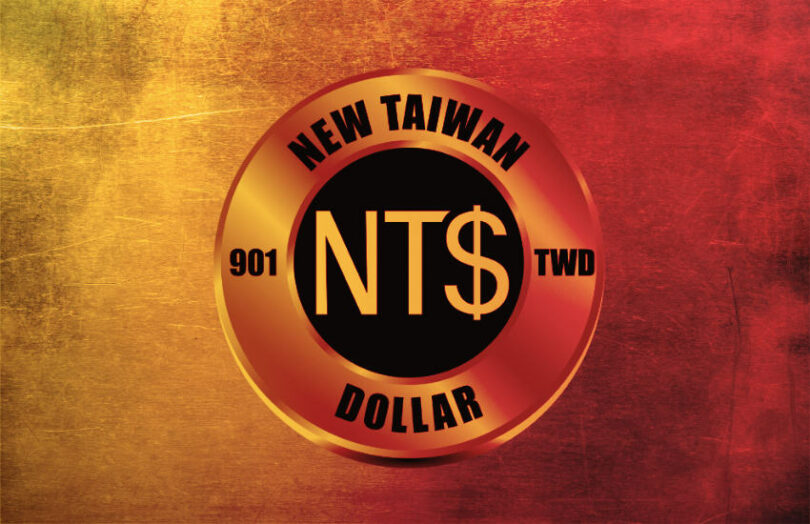The Governor of the Central Bank of the Republic of China (Taiwan), Yang Jinlong, said that central bank digital currency (CBDC) is not a race and the central bank has no issuance timetable, according to United Daily News.
The retail CBDC prototype supports 20,000 transactions per second, as reported last year. Now it plans to conduct a wholesale CBDC (wCBDC) proof of concept to support three sets of functionality which it aims to trial using a unified ledger developed with commercial banks. The central bank published a report about its plans which isn’t yet available on its website.
Firstly, the wCBDC will be used for interbank settlement for tokenized deposits. When a payee transfers a tokenized deposit to a recipient, the recipient might receive the money instantly, but there’s an additional step in the background. The payee’s bank has to transfer money to the recipient’s bank. That’s where the banks can use a wholesale CBDC.
Secondly, the central bank is planning trials for the settlement of tokenized asset transactions. The settlement of securities transaction in central bank money reduces risks compared to commercial bank money or stablecoins. These tests will be similar to the EU’s wholesale DLT settlement trials.
Thirdly, Taiwan plans to trial purpose bound money (PBM), Singapore’s concept which falls somewhere between programmable payments and programmable money. The use case selected is for companies bidding for government contracts. Bidders often have to lodge a deposit as part of the bidding process. Using PBM, unsuccessful bidders will have their deposit tokens redeemed, but a successful bidder will have their tokens automatically converted to a performance bond, a type of performance guarantee.
In exploring a wholesale CBDC alongside tokenized deposits, Taiwan joins several other jurisdictions doing the same. They include Brazil, Singapore, Hong Kong, Korea and others.






